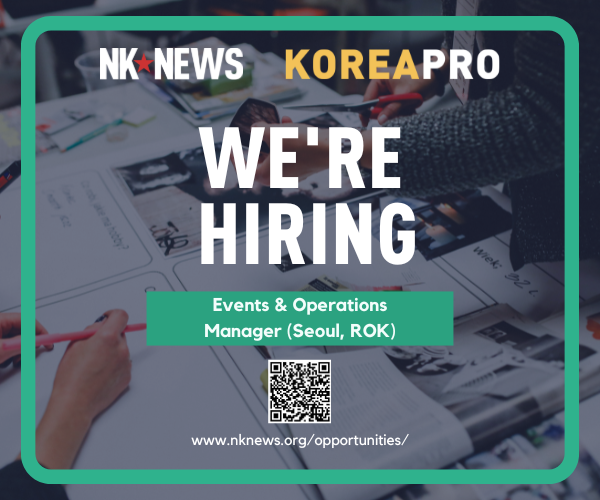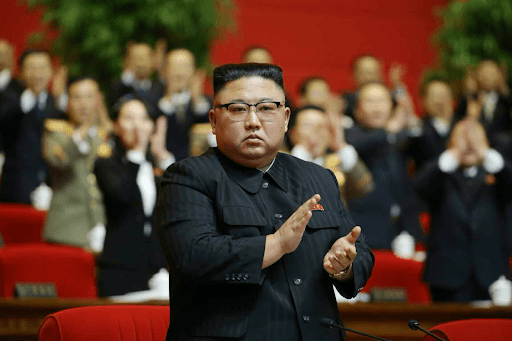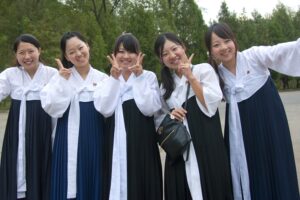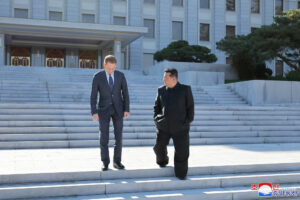Last month, North Korea made a dramatic U-turn from its reformist economic policies of 2012 to 2017 and reverted back to de facto Leninism — in other words, emphasizing central planning and the command economy while prohibiting private entrepreneurial activity.
Before then, Kim Jong Un’s early rule was marked by initially successful economic policies that were the same as Chinese reforms in the 1980s in all but name. But at the Jan. 2021 Eighth Party Congress, the North Korean leader made it clear that these measures no longer serve his interests. He believes (perhaps wrongly) that in tough times the only way to survive is to keep everything, including the economy, under the direct control of the central bureaucracy.
Last month, North Korea made a dramatic U-turn from its reformist economic policies of 2012 to 2017 and reverted back to de facto Leninism — in other words, emphasizing central planning and the command economy while prohibiting private entrepreneurial activity.
Before then, Kim Jong Un’s early rule was marked by initially successful economic policies that were the same as Chinese reforms in the 1980s in all but name. But at the Jan. 2021 Eighth Party Congress, the North Korean leader made it clear that these measures no longer serve his interests. He believes (perhaps wrongly) that in tough times the only way to survive is to keep everything, including the economy, under the direct control of the central bureaucracy.
Become a member for less
than $5.75 per week.
-
Unlimited access to all of NK News: reporting, investigations,
analysis
-
The NK News Daily Update, an email newsletter to keep you in
the loop
-
Searchable archive of all content, photo galleries, special columns
-
Contact NK News reporters with tips or requests for reporting
Get unlimited access to all NK News content, including original reporting,
investigations, and analyses by our team of DPRK experts.
Subscribe
now
All major cards accepted. No commitments – you can cancel any time.











